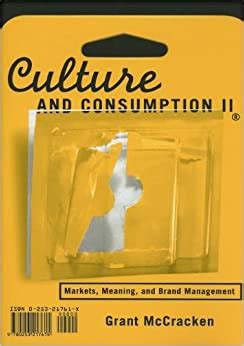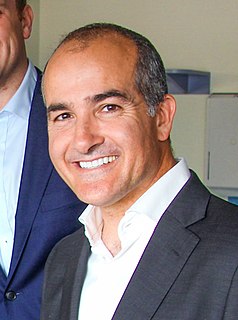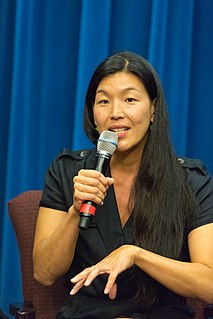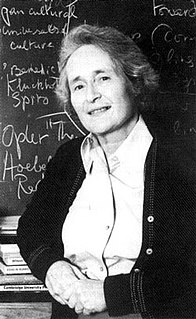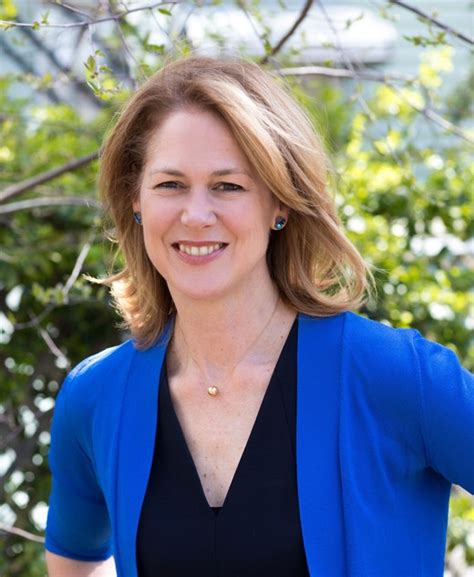A Quote by Frances Hesselbein
A single person doesn't change an organization, but culture and good people do.
Quote Topics
Related Quotes
Confidence is not just in people's heads; it comes from the culture of the organization. It's easier to expect success when working in an organization that has a culture of accountability, collaboration, and initiative. Without this, it's easier - and more self-protective - to assume failure so the person is not disappointed and instead pleasantly surprised.
I really feel concerned about young people within our present culture. Our present culture, we have to change. Change is inevitable and I wasn't raised in our present culture but it has great pressure that as a young person I never had. Material pressure, social pressure, visual pressure, how you look, and I just try to appeal to young people to think for themselves, to be their own person, and to ask questions and also be very attentive to our planet and our environment.
Talking about improving the culture, I prefer to say "develop" or "evolve" rather than "change". If I walk into a room and say: "we are here to change the organization," it sends shock waves through the group. If I say: "your success to date has come from who you are, to be successful in the future, we need to get to X, let's talk about how we evolve the organization to that point," that is a very different statement. Successful organizational "change" must come from the people. So, recruit them with common purpose, recognize that it will take time, and plow forward.
I used to believe that you could change the culture or behavior of a company. I still believe it's possible, but it is at least a five to ten year process, if you are successful at all. More recently, I have been attracted to the ideas of the behavioralist, Edgar Schein. Schein has argued that you cannot change the culture of a company, but you can use the culture of a company to create change. It's an interesting approach to overcoming resistance. And if you can change how a company does its work, you might eventually be able to change how its people think.
Truly human leadership protects an organization from the internal rivalries that can shatter a culture. When we have to protect ourselves from each other, the whole organization suffers. But when trust and cooperation thrive internally, we pull together and the organization grows stronger as a result.


